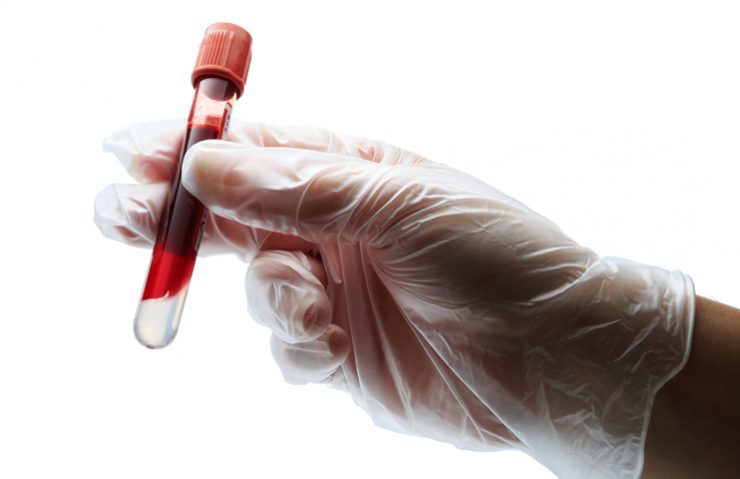Diarrhea is an embarrassing and potentially serious condition in which your stools become much more watery and loose than usual. There are a number of different factors that can cause diarrhea, such as illness, diet, or certain medicines. Regardless of its origins, diarrhea is a problem that needs to be addressed quickly in order to avoid any potential health problems. The following are some of the most common remedies that people use to treat their diarrhea. They may not all be effective in every situation, but more often than not, at least one of them will do the trick.
Medication
There are numerous brands of over-the-counter antidiarrheal medications designed to treat the condition. They typically work best for patients who have been dealing with diarrhea for more than six hours, but it’s not recommended to use them for extended periods of time, as this can lead to constipation. If your diarrhea is accompanied by blood or a high fever, you should avoid medication and instead consult with your doctor—these are both indicators that you’re suffering from a serious underlying illness.
There are two primary forms of diarrhea medication available. Both have been shown to be effective at treating the condition, but you may find that one works better for your own personal situation. The first type works by absorbing excess water in the digestive tract, which helps to thicken and firm any stools you may pass. The other works to reduce the number of bacterial microorganisms in your body responsible for causing diarrhea. Both antibiotics and probiotics fall into this category.
Treating Underlying Conditions
Sometimes diarrhea is an indicator of a more serious underlying condition. Most commonly these conditions are related to the digestive tract—such as Crohn’s disease or irritable bowel syndrome. Seeking medical attention for conditions such as these will often lessen their symptoms, including diarrhea.
Adjusting Your Medication
While antibiotics can be used to treat diarrhea, there’s also a chance that they may be causing it by destroying bacteria in your digestive tract that keeps your stool healthy and firm. If this is the case, your doctor may want to adjust your medication or switch you to an entirely different type. However, you shouldn’t make these changes on your own without prior medical approval.
Clear Liquids
While drinking clear liquids will not necessarily resolve your diarrhea entirely, it’s an important part of the remedy process. People with severe bouts of this condition are at risk for dehydration, so it’s important to replace the fluids that are lost during bowel movements. Sports drinks, most fruit juices (except apple juice), broth, and even noncaffeinated soda can help aid the rehydration process. Conversely, avoid dairy-based drinks, alcohol, and all caffeine, as these can make diarrhea and the dehydration that accompanies it worse.
Preventative Measures
In addition to stopping diarrhea once it has already begun, there are also several preventative measures you can take to ensure that it doesn’t start in the first place—most of which revolve around dietary changes and proper food preparation.
Food poisoning is one of the most common causes of this condition, but with a few safety tips, this can be avoided. Proper storage of perishable foods, such as meats, dairy, and eggs can prevent the spread of diarrhea-causing bacteria, as can cooking foods until they reach a safe internal temperature. Additionally, certain types of foods have been known to cause diarrhea, including high-fat and spicy foods. Avoiding them or at least limiting your intake can help control the condition, especially if you’re dealing with chronic diarrhea with no other apparent cause.
Featured Image Source: DepositPhotos / gustavofrazao









